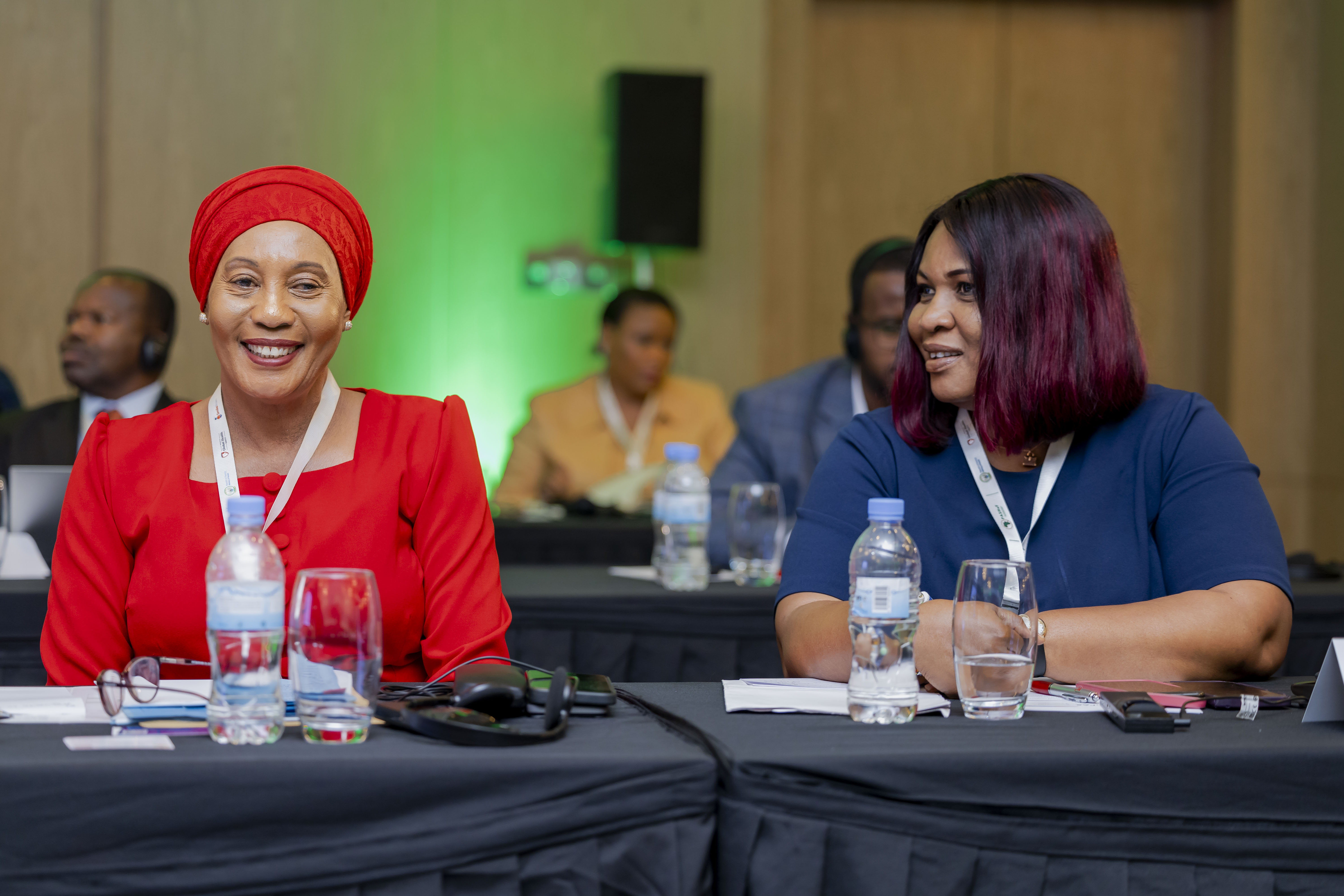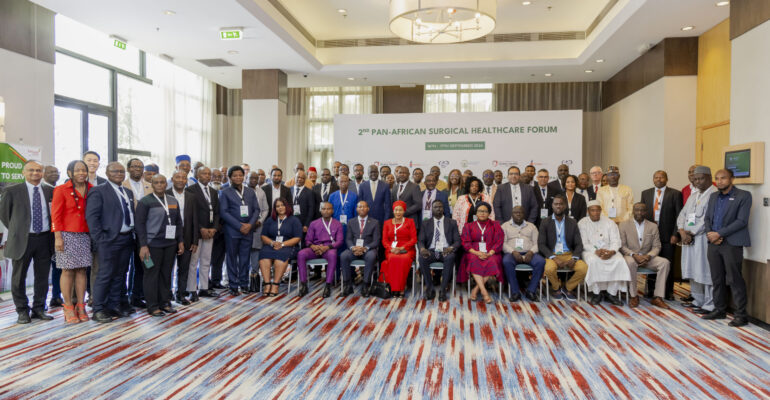PASHeF 2024: The Roadmap to Equitable Surgical Healthcare for Africa
September 26, 2024 2024-11-07 7:35PASHeF 2024: The Roadmap to Equitable Surgical Healthcare for Africa
Kigali, Rwanda – The Pan-African Surgical Healthcare Forum (PASHeF) concluded a successful two-day conference at the Marriott Hotel in Kigali from September 16-17, 2024, under the theme “Roadmap to Equitable Surgical Healthcare for Africa.”
A diverse delegation of healthcare leaders, policymakers, and practitioners, representing 40 African countries, including Ministers of Health, State Ministers, and their designated representatives; eager to change the system in which surgical health services are provided, gathered, representing their countries, with Honorable Dr. Sabin Nsanzimana, the Minister of Health of Rwanda, serving as the event’s lead champion. This forum followed the inaugural PASHeF meeting in 2023, which pioneered the urge to unite voices, raising advocacy and improving the services given to surgical patients in Africa.
Central to the discussions was an evaluation of the progress made since the first PASHeF in 2023. Delegates reviewed successful case studies, examined challenges, and worked toward solidifying actionable steps to enhance surgical services across the continent. In addition, the strategic way to achieving equitable surgical services as the backbone of entire healthcare in Africa was signed by these participants.
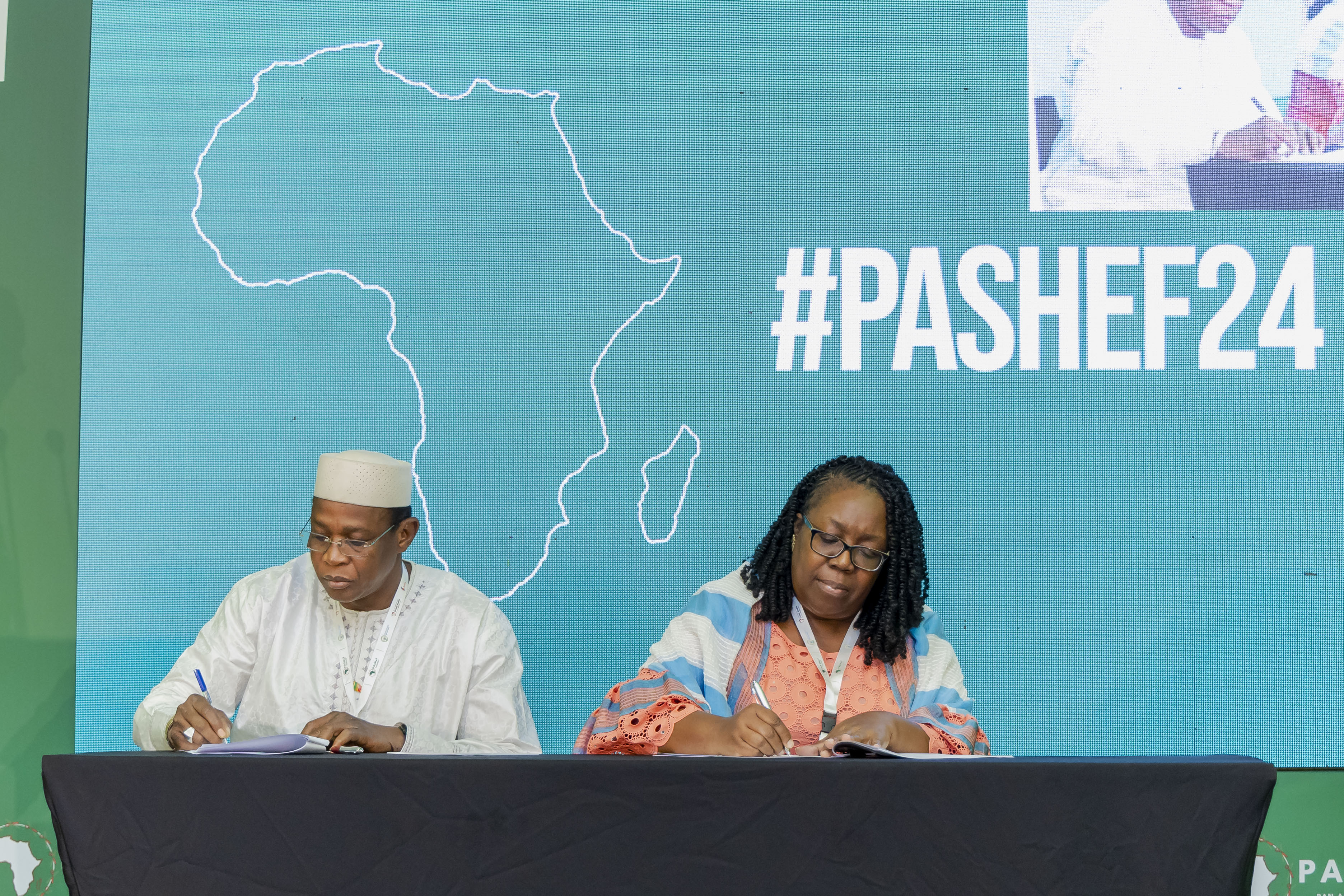
“40 country representatives have signed to uniting voice, advocating for the surgical and anesthesia services on our continent. This is a step one towards the right direction.” says Prof Abebe Bekele, the Chair of PASHeF Technical Committee.
Another major outcome of this forum was the establishment of governance structures to formalize PASHeF’s role as an intergovernmental body. Member states agreed on a comprehensive framework to guide the forum’s ambitious agenda for surgical healthcare reform. This structure includes:
- A 10-member Board of Governors with regional representation.
- A 10-member Executive Committee to oversee daily operations.
- A Secretariat based in Rwanda, responsible for implementing key initiatives.
- Technical subcommittees focusing on specialized areas of surgical healthcare.
Then Ethiopia was selected as the inaugural chair of the PASHeF Board of Governors, marking a significant milestone in the forum’s ongoing mission.
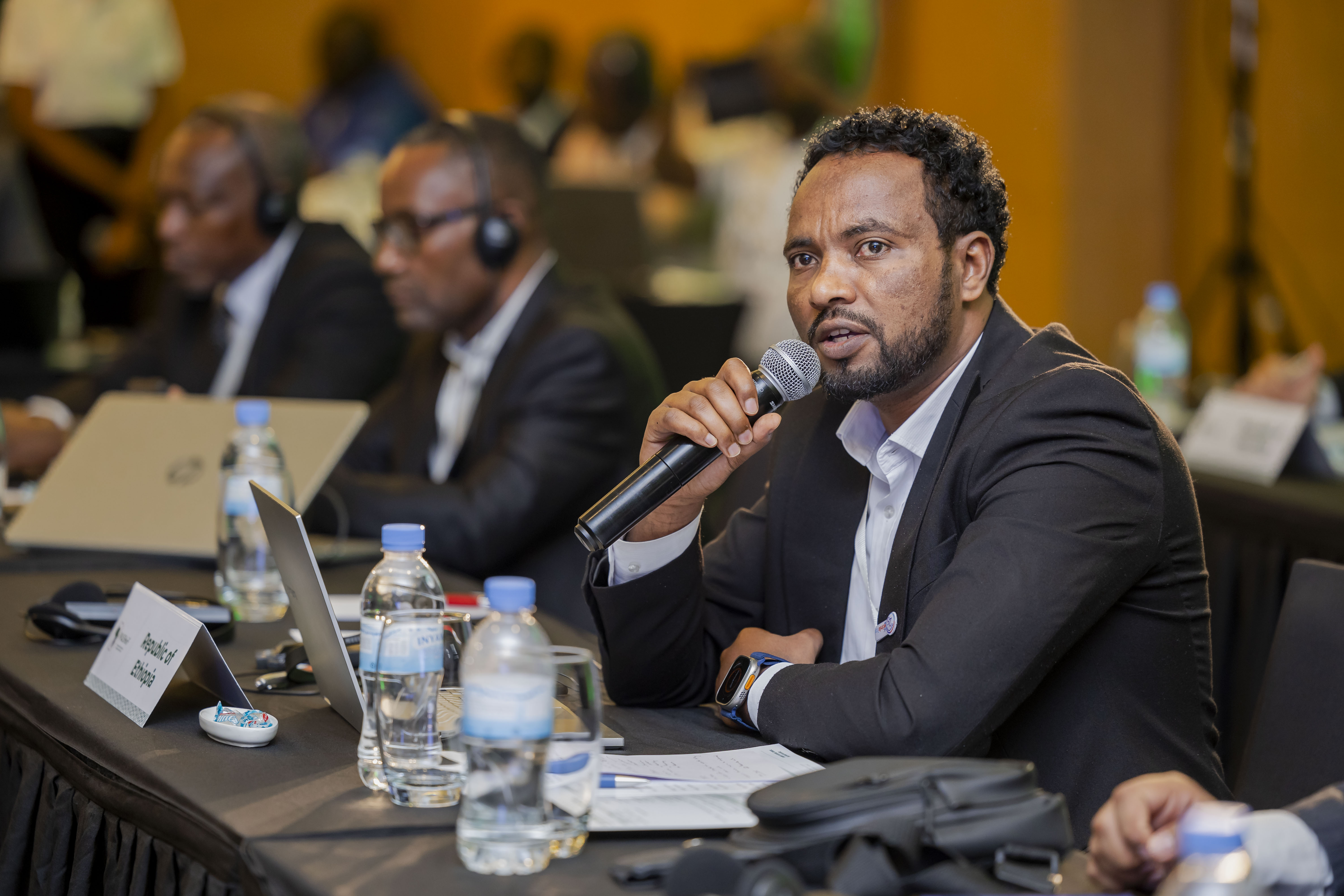
The discussions also revolved around creating a detailed roadmap to advance surgical healthcare. Key focus areas included increasing political commitment to surgical care, enhancing health service delivery, and developing national surgical policies, engaging community, and encouraging advocacy. PASHeF envisions a future where every African has access to safe and timely surgical services, guided by an inclusive, patient-centered approach.
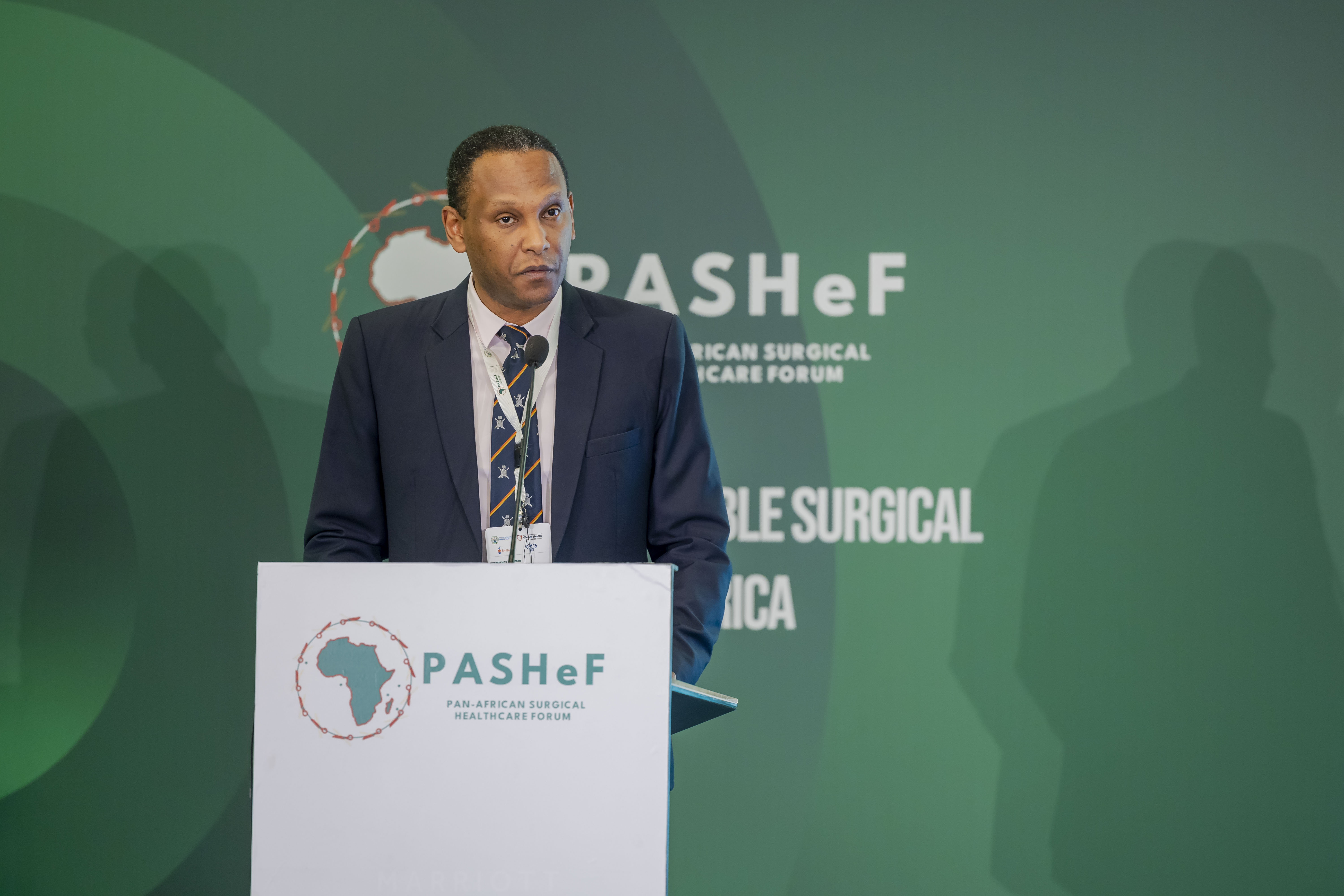
“We don’t see PASHef as just a forum, we rather see it as a perfect way to deliver the surgical care and anesthesia services, to all African, without any hinderance or any inequities. That’s PASHeF.” Prof Abebe Bekele says.
The forum also discussed essential issues such as financing, workforce development, and partnerships with private and not-for-profit organisations.
Dr Sabin Nsanzimana commended the participants for their commitment and mentioned that although the surgical services are among those lagging in the health sector, the effort is worth making to improve the overall healthcare system in Africa.
“We need to be clear on what we want to achieve, so that we can make a difference in this field which has suffered the most compared to others in public health.” says Dr Sabin Nsanzimana.
“We’re doing what had been missing, which is bringing together people, advocating, and having concrete actions.”
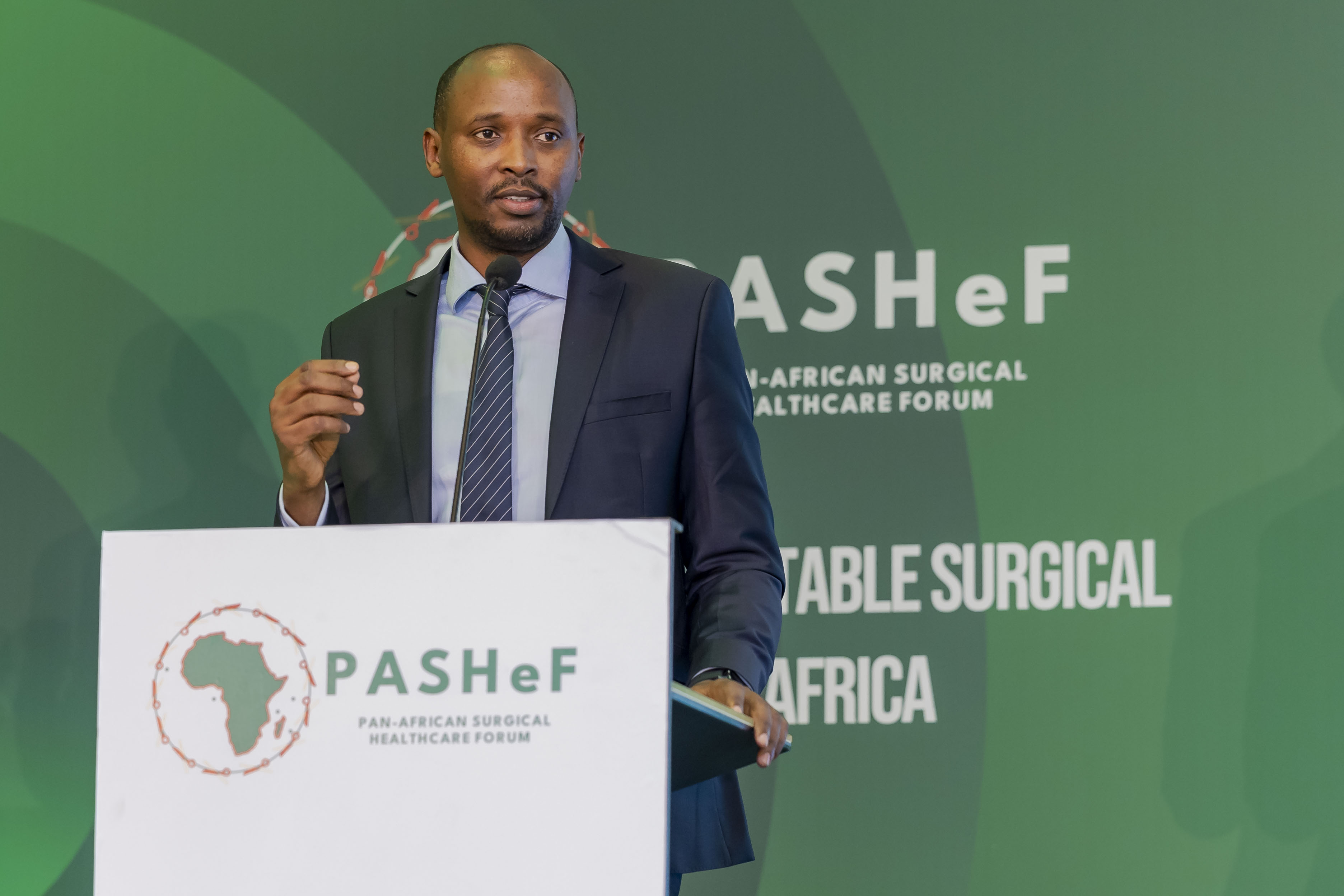
This event was hosted by the UGHE in partnership with the Rwandan Ministry of Health, Mercy Ships, and the Ethiopian Airlines. The PASHeF 2024 forum marked an important step toward realizing the vision of having accessible surgical healthcare, with the next gathering expected to build on the successes and challenges identified this year. With a clear governance structure in place and an actionable roadmap taking shape, PASHeF is well-positioned to lead the charge in making equitable surgical healthcare a reality for all Africans.
